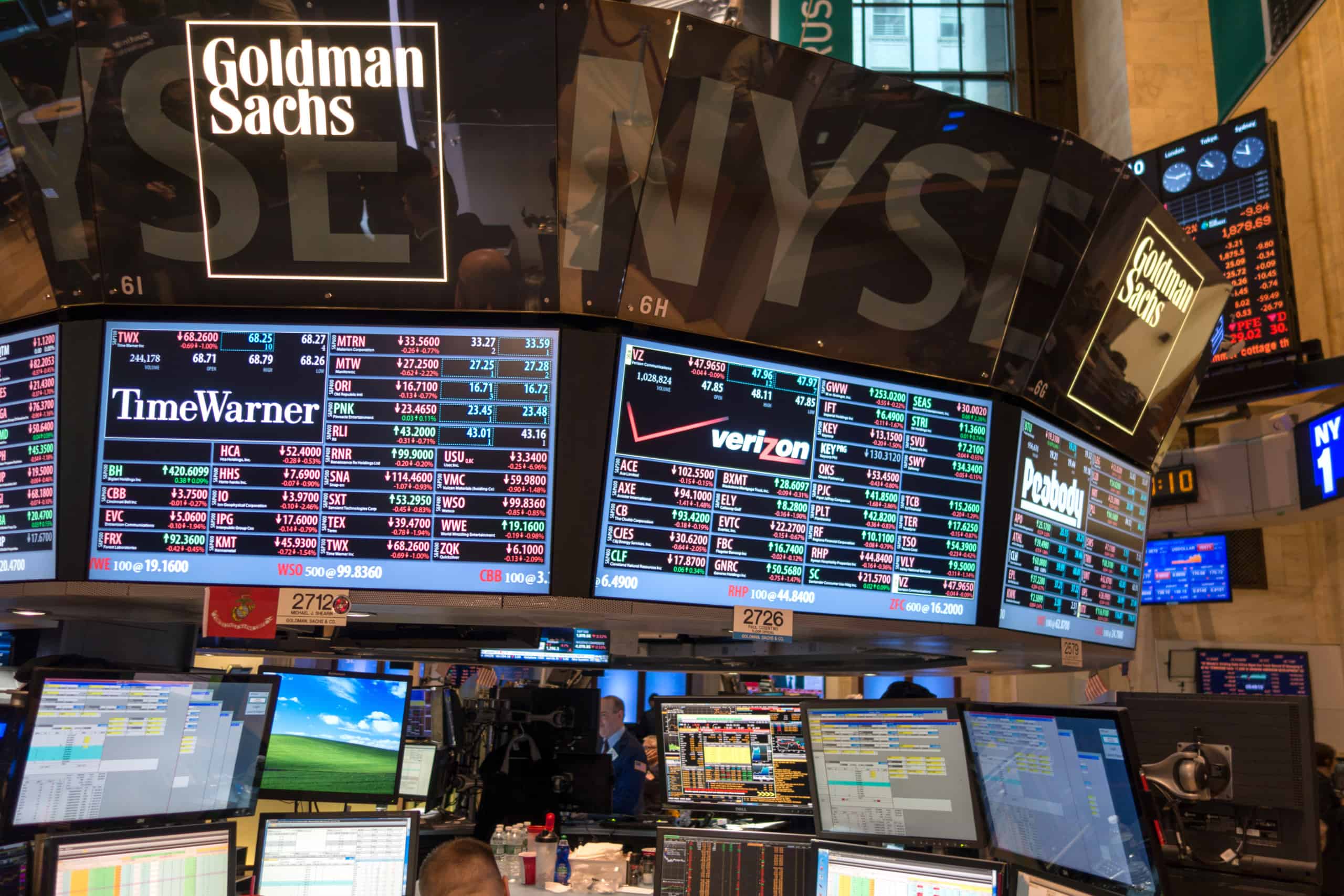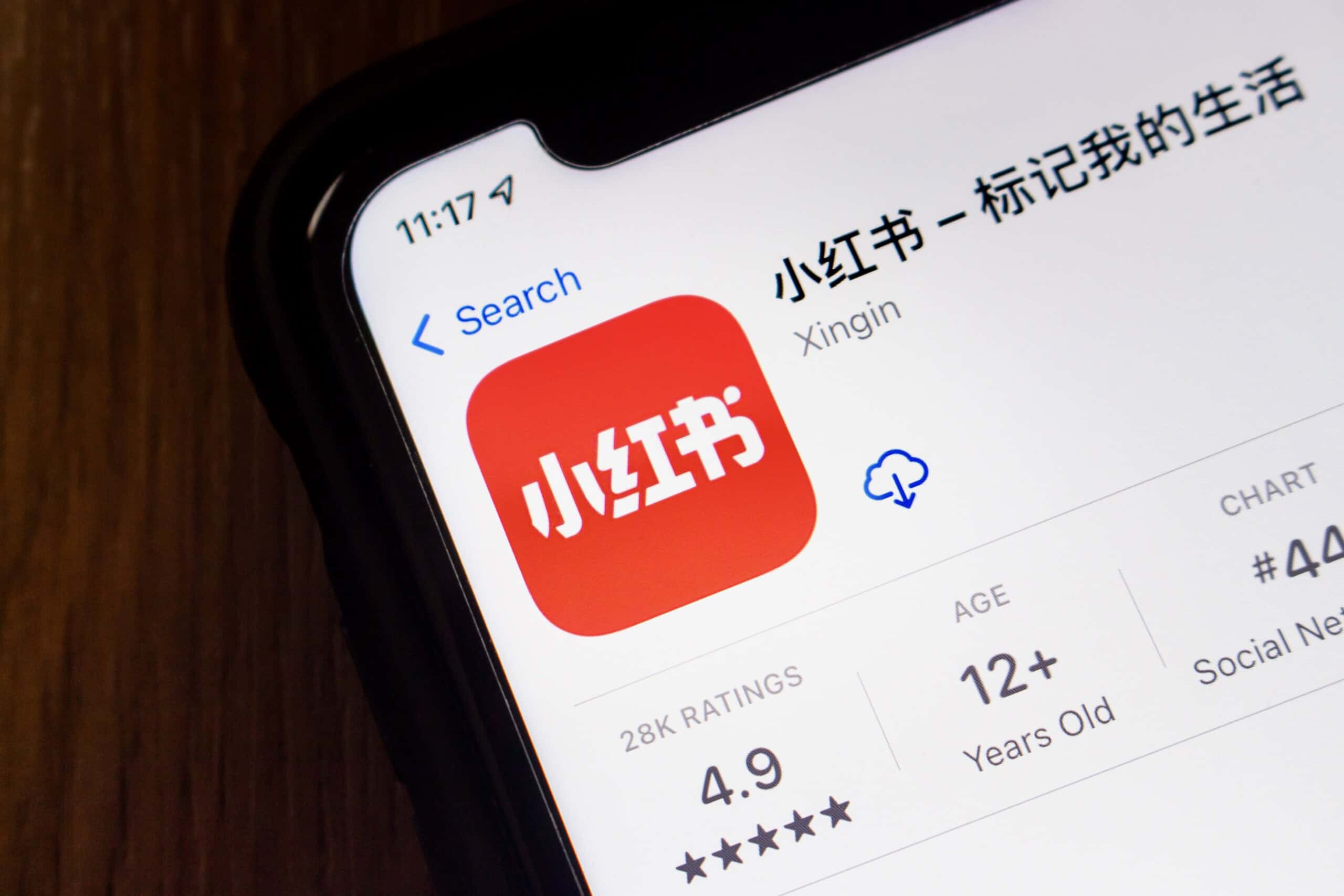
The world of auditing companies isn’t often at the center of international tensions. For more than a decade, however, it has proved a running sore in the already fractious relationship between the world’s leading economic powers, the United States and China.
That could be about to change. Washington and Beijing on Friday inked a deal described by U.S. regulators as the “first step” towards allowing them to inspect the audits of Chinese companies traded on American stock exchanges. That, in turn, should mean global investors can continue to own the U.S.-listed shares of most of those firms.
When China’s largest companies first appeared on New York’s leading markets around the turn of the century, it seemed a harbinger of ever closer ties between the U.S. and Chinese economies.
That process had seemed to be in reverse after five major Chinese state-owned enterprises (SOEs) — including oil giant Petrochina and insurer China Life — announced earlier this month that they would exit from U.S. markets. The five companies were among more than 100 Chinese firms previously flagged by the Securities and Exchange Commission, the Wall Street regulator, as being non-compliant with audit inspection requirements for U.S. listed companies.
Instead, their departure now looks like a prelude to this week’s preliminary deal, which on paper would allow the Public Company Accounting Oversight Board (PCAOB) — the regulatory body that oversees audits of public companies — leeway to inspect any audits of U.S.-listed Chinese companies, without having to seek China’s approval.1Note that the Chinese language announcement released by the authorities in Beijing used language that seemed to cast some doubt about whether Beijing would really give Washington independent access.
The real test will be whether the words agreed on paper translate into complete access in practice.
PCAOB chair Erica Y. Williams
“It’s so obvious now that the SOEs [delisting] could have actually been part of the resolution,” says Nicolas Véron, a senior fellow at think tanks Bruegel and the Peterson Institute for International Economics. “It’s very plausible that these SOEs were the main bone of contention in terms of auditor access to information.”
Véron says the deal amounts to a “significant concession” from the Chinese authorities by granting the American regulators the access for which they have long argued.
“It’s also an intriguing and possible signal from China that it is making an effort to keep its openness to international business relationships, especially with the U.S.,” he adds. “Whether that’s a signal that they really don’t want decoupling at all, or whether it’s an isolated event, it’s too early to tell.”
The deal signed on Friday is not final, and could yet be derailed if China does not live up to its commitments, according to those on the U.S. side.
“The real test will be whether the words agreed on paper translate into complete access in practice,” said PCAOB chair Erica Y. Williams in a statement. “Now we will find out if those promises hold up.”
“I think implementation [of the deal] will be a rocky road,” says Carl Walter, the former chief operating officer of JP Morgan China and a banker who in the 1990s played a role in some of China’s first overseas listings.
China’s SOEs first listed on U.S. stock exchanges in the late 1990s and early 2000s as part of a push by Beijing to raise new capital for its biggest companies, and to encourage them to align with global standards of performance and disclosure. China Inc.’s entrance into U.S. markets also presented a lucrative opportunity for Western investment banks: Goldman Sachs, for example, was the lead underwriter of PetroChina’s $2.9 billion initial public offering on the New York Stock Exchange in April 2000.
Major Chinese private companies soon followed suit, a high point coming in 2014 when the e-commerce giant Alibaba raised a record $25 billion in its NYSE debut. As of March this year, there were 261 Chinese companies listed on the three largest U.S. exchanges, with a total market capitalization of $3.1 trillion, according to the U.S.-China Economic and Security Review Commission.
Yet up until this week, the Chinese authorities had continually denied the PCAOB access to the audit reports of Chinese companies, arguing that such inspections would give the U.S. government the ability to obtain sensitive information relevant to national security.
In 2020, after a lengthy stalemate between U.S. regulators and Beijing, Congress passed the Holding Foreign Companies Accountable Act, which requires the S.E.C. to delist any company for whom the PCAOB is unable to inspect auditor reports for three consecutive years. Analysts say that legislation was likely a crucial step towards this week’s agreement.
Click here to read a News & Analysis piece from 2020 about the HFCA Act.
“This seems like a really strong deal, and one that couldn’t have happened without the Holding Foreign Companies Accountable Act,” says Shaswat K. Das, who previously served as the PCAOB’s chief negotiator with China on this issue. “Unlike in 2013, when U.S. and Chinese regulators signed an enforcement cooperation agreement that led to some, but certainly not consistent, audit access, the threat of delisting is now hanging over Chinese companies.”
Perhaps what is most encouraging is that despite the rising tensions in the overarching bilateral relationship, regulators were able to secure an agreement. But how this will actually play out on-the-ground remains an open question.
John Yasuda, an expert in regulatory governance at Johns Hopkins University
Das agrees that the planned delisting of five major SOEs from the New York Stock Exchange was another key move.
“China is ensuring companies with the most sensitive information delist — though the vast majority of companies will retain their U.S. exchange listings, assuming PCAOB inspections proceed as planned,” he says.
Ahead of Friday’s deal, analysts had expressed concern that a failure to agree on U.S. regulatory access could lead to a mass exodus of Chinese companies from American markets.
That would likely make little financial difference for huge SOEs like Sinopec or Aluminium Corporation of China (Chalco) — two other companies that recently said that they would delist from the NYSE. For up-and-coming Chinese firms, the picture is less clear cut.
“If you’re a young, fast growing tech company, there’s a certain advantage that comes from being able to raise capital from the deep pools that are available in U.S. markets, and it’s also something of an imprimatur, or a sign that there’s a degree of transparency and legitimacy that comes from listing internationally in the U.S.,” says Michael Hirson, head of the China and Northeast Asia practice at think tank Eurasia Group, who thinks the next test will be whether Beijing orders major tech companies to delist alongside SOEs.
“We know that Beijing considers the SOEs to be too sensitive to be listed in the U.S. But there are a lot of other open questions, like, does it consider [major tech companies such as] Alibaba or Baidu or JD.com too sensitive to list in the U.S.?” he says.
The fact that many Chinese companies will likely be able to keep a listing in the U.S. will make it more convenient for U.S.-based investors to trade their shares. For sure, many Chinese companies are traded in Hong Kong, a market fully open to international investors which also now has trading links with major mainland markets in Shanghai and Shenzhen.
“Perhaps what is most encouraging is that despite the rising tensions in the overarching bilateral relationship, regulators were able to secure an agreement,” says John Yasuda, an expert in regulatory governance at Johns Hopkins University. “But how this will actually play out on-the-ground remains an open question.”

Isabella Borshoff is a staff writer based in London. Previously, she worked as a climate policy adviser in Australia’s federal public service. She earned her Master’s in Public Policy at Harvard’s Kennedy School. Her writing has been published in POLITICO Europe.



